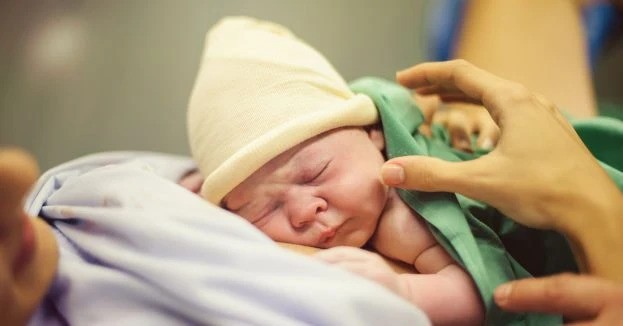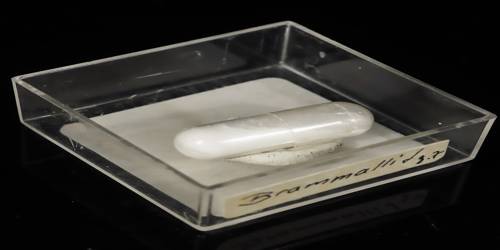A new study from Finland suggests that moms with a fear of childbirth had a lower breastfeeding duration than the average, independent of the style of delivery. According to the experts, dread of childbirth may indicate a larger need for breastfeeding support. Using data from the Kuopio Birth Cohort study (KuBiCo), the study investigated factors connected to childbirth that may influence the success and length of breastfeeding in the child’s first year of life.
The researchers examined data collected from 2013 to 2020, which comprised 2,521 women who gave birth at Kuopio University Hospital. During pregnancy, prospective moms completed a variety of questionnaires, as well as a questionnaire on the length of nursing when their kid turned one.
In Finland, breastfeeding is advised for at least six months, with 4-6 months of exclusive nursing. 98% of the moms in the research started breastfeeding during the first neonatal week, and three out of every four mothers continued to breastfeed their child for at least six months. Mothers who had a vaginal delivery without problems were more likely to meet the breastfeeding recommendation.
In mothers who feared childbirth, the duration of breastfeeding, either exclusively with their own milk or with formula, was three times more likely to be shorter than recommended.
Maija Vasanen
Fear of childbirth may affect the duration of breastfeeding regardless of the mode of delivery A key finding of the study was the observed association between the fear of childbirth and the duration of breastfeeding.
“In mothers who feared childbirth, the duration of breastfeeding, either exclusively with their own milk or with formula, was three times more likely to be shorter than recommended,” says Maija Vasanen, Lic.Med., the first author of the study.
This is the first time researchers observed an association between the fear of childbirth and the success of breastfeeding. The fear of childbirth had a significant association with the duration of breastfeeding independent of whether the mode of delivery was a spontaneous vaginal delivery, an elective or a non-elective caesarean surgery, or a vacuum-assisted vaginal delivery.

The researchers also found that twin pregnancy, maternal overweight and obesity, high blood pressure, and smoking were associated with a shorter duration of breastfeeding. Of mothers with twins, 40% breastfed their children for at least six months. Other factors associated with a shorter duration of breastfeeding were young maternal age, first-time childbirth, single parenthood, and lower level of education.
Increasing number of mothers are breastfeeding for more than six months
According to the researchers, the study also found a delightfully positive trend in the duration of breastfeeding. The proportion of mothers breastfeeding for more than six months increased from around 71% to 85% between 2013 and 2020. At the same time, the proportion of those breastfeeding for a shorter duration decreased from 27% to 15%.
“The extended duration of nursing could be attributed to increasing awareness of the benefits of breastfeeding, as well as successful breastfeeding instruction and support. Breastfeeding can be encouraged by offering specific assistance to moms who have recognized risk factors, such as dread of childbirth, twin pregnancy, or smoking. Professor Leea Keski-Nisula, the study’s principal author, believes that in the future, breastfeeding advice provided by health care providers should also target moms who are afraid of childbirth, as well as other groups who may struggle with breastfeeding beginning.
The Kuopio Birth Cohort study (KuBiCo) is a collaboration between Kuopio University Hospital, the University of Eastern Finland, and the Finnish Institute for Health and Welfare.
















